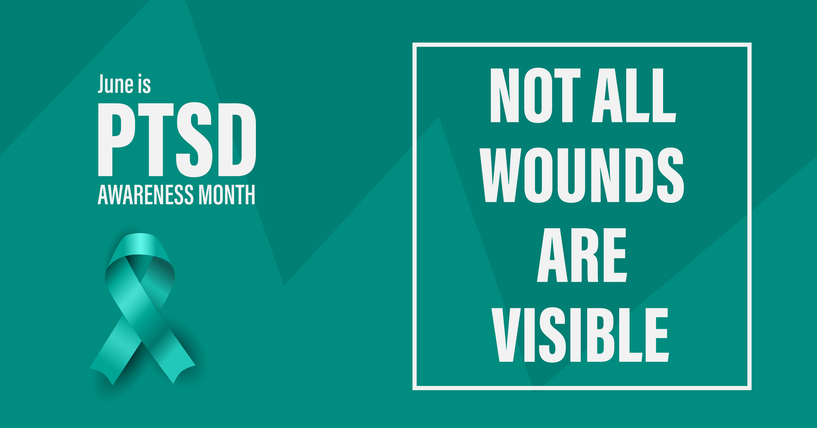
June is PTSD Awareness Month.
Understanding PTSD in Personal Injury Cases: Recognizing the Invisible Wounds
Not all injuries are visible.
In the aftermath of a serious accident, survivors may walk away without broken bones—yet still carry deep psychological wounds that affect them for months or even years. One of the most common and overlooked injuries after a traumatic event is Posttraumatic Stress Disorder (PTSD).
Following PTSD Awareness Month, Carabin Shaw is committed to helping Texans understand their rights when trauma disrupts life. If you or a loved one is showing signs of emotional distress after a car crash or serious accident, here’s what you need to know.
What Is PTSD and How Does It Affect Injury Victims?
PTSD is a mental health condition that can develop after a person experiences or witnesses a terrifying or life-threatening event. While commonly associated with veterans, PTSD is also prevalent in victims of:
-
Car accidents
-
Motorcycle crashes
-
Workplace accidents
-
Falls
-
Physical assaults
-
Fires or explosions
Symptoms may include:
-
Nightmares or flashbacks
-
Avoidance of reminders (e.g., driving, returning to work)
-
Emotional numbness or increased anxiety
-
Changes in personality or mood swings
-
Hypervigilance (always feeling on edge)
Left untreated, PTSD can seriously interfere with daily life, work, relationships, and long-term recovery.
Can You File a Personal Injury Claim for PTSD?
In Texas, you may be able to claim compensation for PTSD—but only if the PTSD stems from a physical injury caused by someone else’s negligence. For example, if you’re hit by a distracted driver and suffer both physical and emotional trauma, the PTSD may be part of your injury claim.
To successfully include PTSD in your case, your attorney will need to prove:
-
A duty of care was owed by the at-fault party.
-
That duty was breached through negligence.
-
The breach caused both physical and emotional injury.
-
You experienced damages, such as financial loss, therapy costs, or loss of enjoyment of life.
Important documentation includes:
-
A diagnosis from a licensed mental health provider
-
Ongoing treatment records
-
Police or crash reports
-
Photographs or witness statements
-
Testimony from friends or coworkers about behavioral changes
What Damages Can You Recover?
PTSD-related compensation may include:
-
Medical and therapy costs
-
Lost wages or diminished earning ability
-
Pain and suffering
-
Reduced quality of life
-
Caregiver or at-home support (if needed)
Every case is different, which is why speaking with a personal injury attorney is crucial to getting the full compensation you’re entitled to.
Your Mental Health Matters. Call Shaw.
Texas law recognizes the impact mental injuries have on your life after an accident—and so do we.
If you or someone you love is suffering from PTSD after an accident that was not your fault, call Shaw at 800-862-1260. We’ll help you understand your legal options and determine if you’re eligible for compensation for PTSD and other damages like:
- Ambulance Costs,
- ER Treatment,
- Surgeries,
- Medical Bills,
- Pain and Suffering,
- Property Damage,
- Missed Work,
- Wrongful Death,
- And More.
No fees. No obligations. Just compassionate, expert legal advice.
We look forward to serving you.
Related Content:
How trauma impacts children after an injury
 Texas Injury Lawyers Blog
Texas Injury Lawyers Blog

